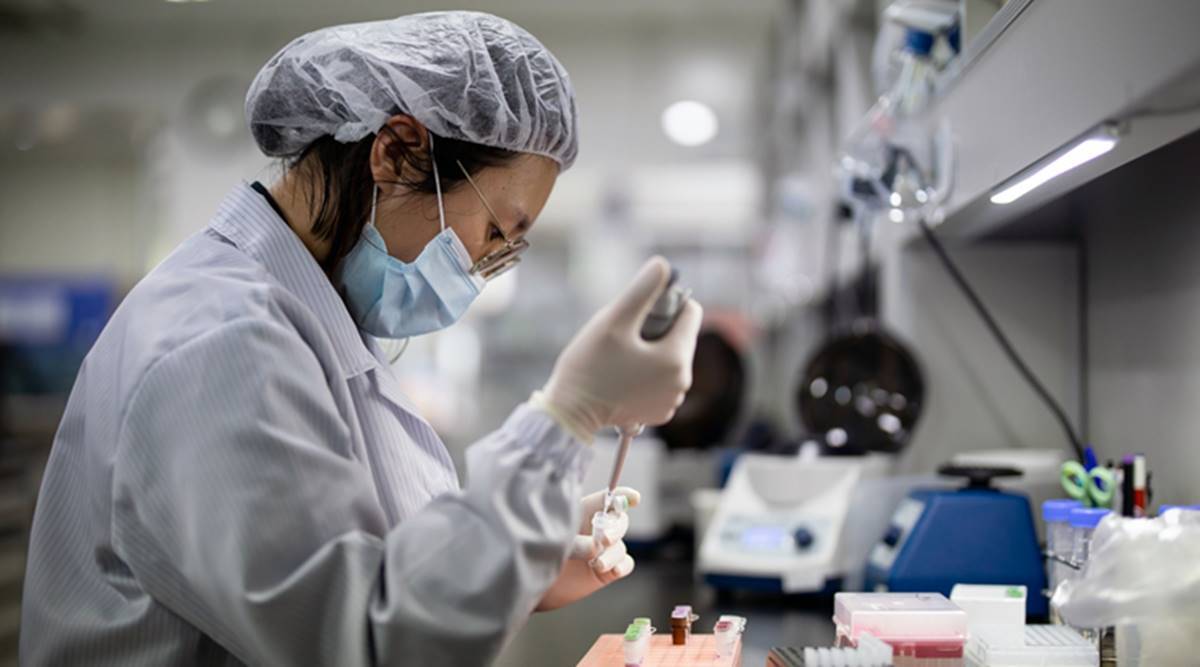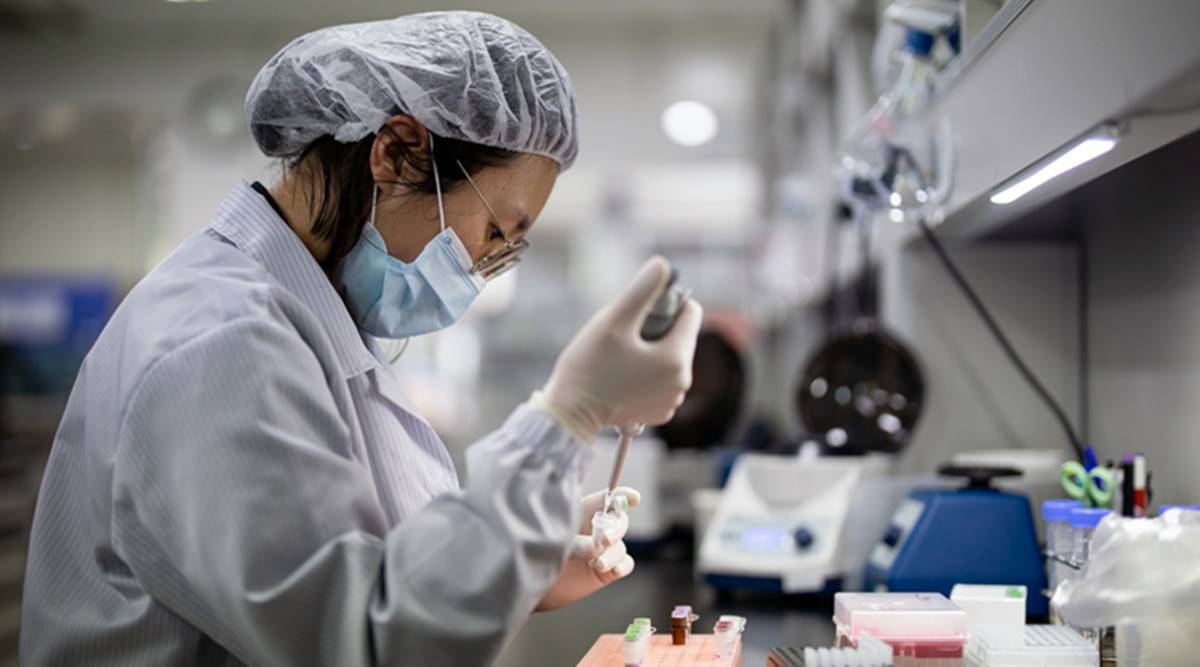[ad_1]
 WHO has been sharply criticized for not taking a stronger and extra vocal function in dealing with the pandemic. (File)
WHO has been sharply criticized for not taking a stronger and extra vocal function in dealing with the pandemic. (File)
The UN health chief declared Friday that constructive outcomes from coronavirus vaccine trials imply the world “can begin to dream about the end of the pandemic,” however he stated wealthy and highly effective nations should not trample the poor and marginalised “in the stampede for vaccines.”
In an handle to the UN General Assembly’s first high-level session on the pandemic, World Health Organisation Director-General Tedros Adhanom Ghebreyesus cautioned that whereas the virus can be stopped, “the path ahead remains treacherous.”
The pandemic has proven humanity at “its best and worst,” he stated, pointing to “inspiring acts of compassion and self-sacrifice, breathtaking feats of science and innovation, and heartwarming demonstrations of solidarity, but also disturbing signs of self-interest, blame-shifting and divisions.”
Referring to the present upsurge in infections and deaths, Tedros stated with out naming any nations that “where science is drowned out by conspiracy theories, where solidarity is undermined by division, where sacrifice is substituted with self interest, the virus thrives, the virus spreads.”
He warned in a digital handle to the high-level assembly {that a} vaccine “will not address the vulnerabilities that lie at its root” — poverty, starvation, inequality and local weather change, which he stated have to be tackled as soon as the pandemic ends.
“We cannot and we must not go back to the same exploitative patterns of production and consumption, the same disregard for the planet that sustains all life, the same cycle of panic and meddling and the same divisive politics that fueled this pandemic,” he stated.
On vaccines, Tedros stated, “the light at the end of the tunnel is growing steadily brighter,” however vaccines “must be shared equally as global public goods, not as private commodities that widen inequalities and become yet another reason some people are left behind.”
He stated WHO’s ACT-Accelerator program to shortly develop and distribute vaccines pretty “is in danger of becoming no more than a noble gesture” with out main new funding.
He stated $4.three billion is required instantly to put the groundwork for mass procurement and supply of vaccines and an additional $23.9 billion is required for 2021. That whole, Tedros stated, is lower than one-half of 1 % of the $11 trillion in stimulus packages introduced thus far by the Group of 20, the world’s richest nations.
UN Secretary-General Antonio Guterres made an identical enchantment for funding for the ACT-Accelerator at Thursday’s opening of the two-day General Assembly session.
UN spokesman Stephane Dujarric stated Friday that Guterres is pissed off and would have favored see “a much much higher rate of investment by those countries who can.” Despite years of warnings, Tedros stated, many nations have been unprepared for the pandemic and assumed their health programs would defend their individuals. Many nations which have finished finest coping with the disaster had expertise responding to the outbreaks of SARS, MERS, HINI and different infectious ailments, he stated.
WHO has been sharply criticized for not taking a stronger and extra vocal function in dealing with the pandemic.
Tedros advised the assembly that “clearly, the global system for preparedness needs attention.” He stated a WHO fee established in September is reviewing worldwide health rules. WHO can be working with a number of nations on growing a pilot program through which nations comply with common and clear critiques of their health preparedness, he stated.
The pandemic additionally confirmed the necessity for a worldwide system to share samples of viruses and different pathogens that trigger illness to facilitate growth of “medical counter-measures as global public goods,” he stated, welcoming Switzerland’s supply to make use of a high-security laboratory to handle a brand new biobank.
Tedros additionally backed European Union chief Charles Michel’s proposal for a world treaty underneath which WHO would monitor the dangers of rising infectious ailments in animals for transmission to people, guarantee alerts of health dangers, enhance entry to health care, and handle financing wants. He stated this would supply “the political underpinning” for strengthening the worldwide health sector.
The world spends $7.5 trillion on health yearly, nearly 10% of international GDP, Tedros stated, however most of that cash is spent in wealthy nations on treating illness moderately than on “promoting and protecting health.” “We need a radical rethink on the way we view and value health,” he stated.
“If the world is to avoid another crisis on this scale,” Tedros stated, “investments in basic public health functions, especially primary health care, are essential, and all roads should lead to universal health coverage with a strong foundation of primary health care.”
[ad_2]
Source hyperlink












